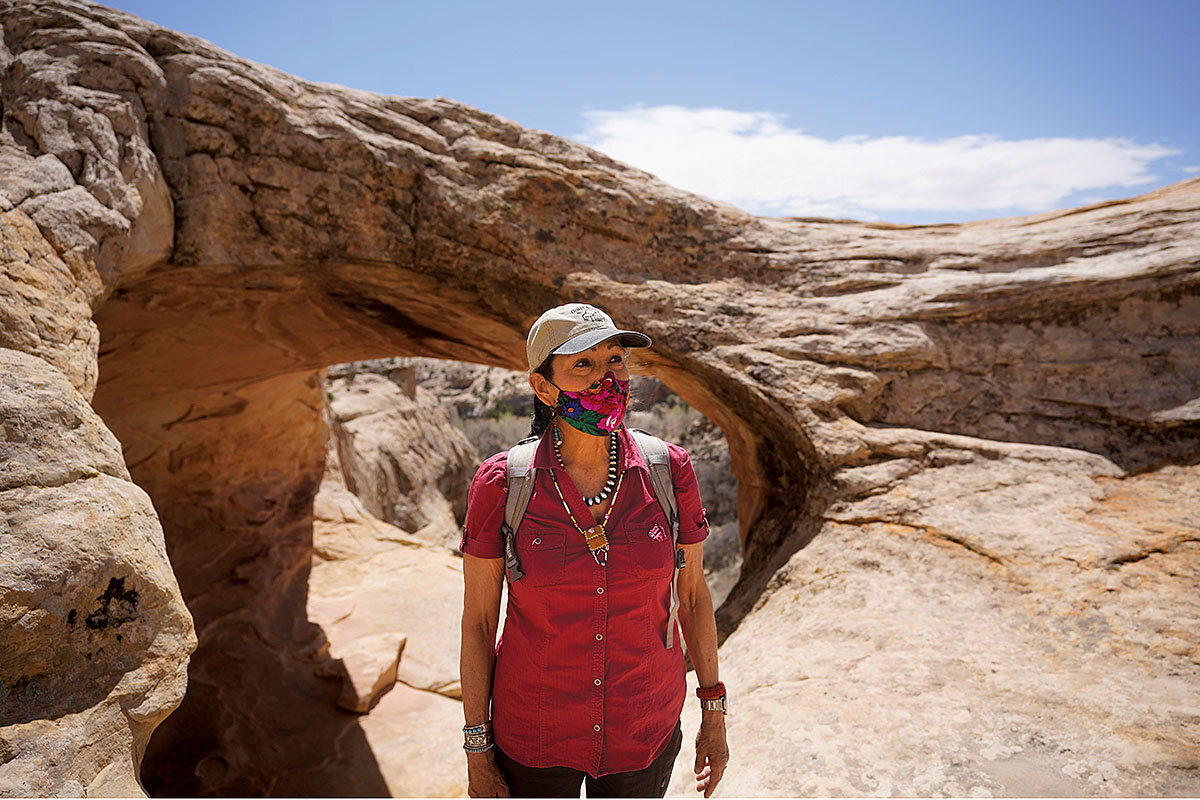With Afghans facing the confluence of Taliban rule, a collapsed economy, and growing food insecurity, a Monitor reporter searched for the human face of the humanitarian crisis.
Monitor Daily Podcast
- Follow us:
- Apple Podcasts
- Spotify
- RSS Feed
- Download
 Stephen Humphries
Stephen Humphries
At age 9, Marin Alsop told her violin teacher that she wanted to become a conductor. The tutor’s response? “Girls can’t do that.” The New Yorker wasn’t deterred.
“This passion is so strong that it drove her through all of these setbacks and made her persevere,” says Bernadette Wegenstein, director of “The Conductor,” a documentary opening Friday about how Ms. Alsop became the first woman to lead a major U.S. orchestra.
This year, others are following her path. When the Atlanta Symphony Orchestra begins its 2022-2023 season, Nathalie Stutzmann from France will become the second woman to lead one of the U.S. majors. In Italy, Ukrainian-born Oksana Lyniv has been appointed director of the Teatro Comunale di Bologna. Finnish conductor Susanna Mälkki is reportedly a contender for the New York Philharmonic.
Grassroots groups, including the Taki Alsop Conducting Fellowship co-founded by Ms. Alsop, are helping women and musicians of color ascend the ranks of smaller orchestras. Progress also stems from changing perceptions about those brandishing batons.
“Traditionally seen as some kind of all-knowing, divine, mysterious, musical genius who was never questioned but always revered, conductors are now seen as, well … human,” writes Cynthia Johnston Turner, dean of the music faculty at Wilfrid Laurier University in Waterloo, Ontario, via email. “We long for the day when we are just the ‘conductor’ and not the ‘female conductor.’”
“The Conductor” chronicles how Ms. Alsop’s groundbreaking appointment at the Baltimore Symphony Orchestra in 2005 led to a revolt by its musicians. She gracefully won them over. Now at Vienna Radio Symphony Orchestra, Ms. Alsop continues to disprove the myth that only masculine traits are suitable for helming an ensemble from the prow of the stage.
“She shows that you don’t have to be this kind of personality in order for others to follow you,” says Ms. Wegenstein. “They follow you because they feel your art and they want to connect with you.”











